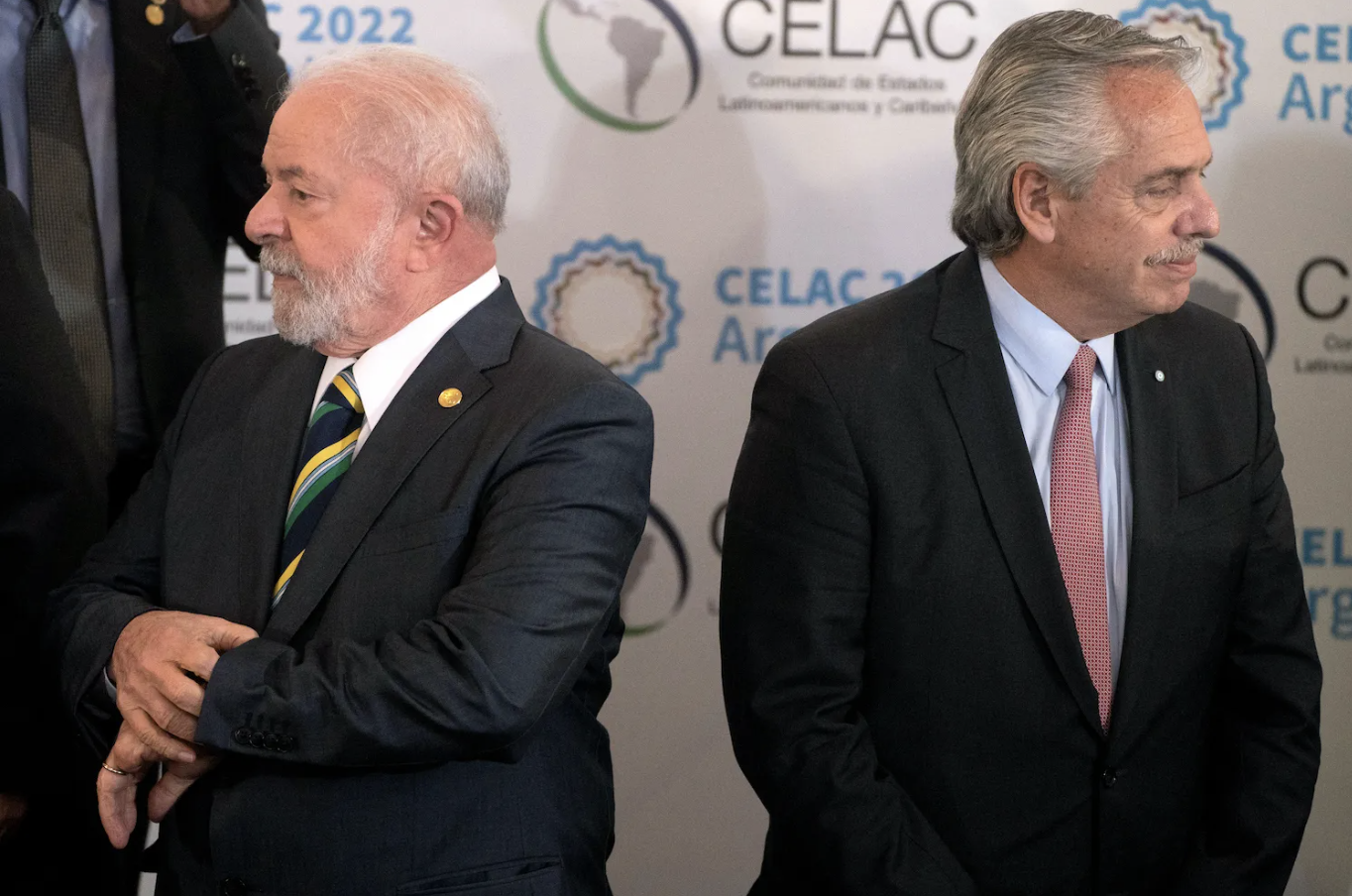When leaders of the BRICS grouping of Brazil, Russia, India, China and South Africa announced at their 15th summit in Johannesburg that they would invite six new members to join the bloc, representatives of those countries responded with enthusiasm. Mohammad Jamshidi, Iran’s deputy chief of staff for political affairs to the president, called the invitation to join BRICS a “historic achievement and a strategic victory.” Ethiopia’s Prime Minister Abiy Ahmed celebrated the invitation as a “great moment” for the east African nation. United Arab Emirates President Mohammed bin Zayed Al Nahyan underlined the group’s important role in global affairs and Egypt’s President Abdel Fattah al-Sisi said he looked forward to working with BRICS to “raise the voice of the global south.” Saudi Arabia’s Foreign Minister Prince Faisal bin Farhan underlined the contributions his country could make to the grouping, though he said his government needed to look at the details before making a final decision. Argentina’s President Alberto Fernández, for his part, hailed the BRICS invitation as a “great opportunity” that would “strengthen” his country.
Yet while the governments of Ethiopia, Iran, Saudi Arabia, and the United Arab Emirates can safely be expected to officially join the BRICS grouping on Jan. 1, 2024, the situation in Argentina is different. South America’s..









